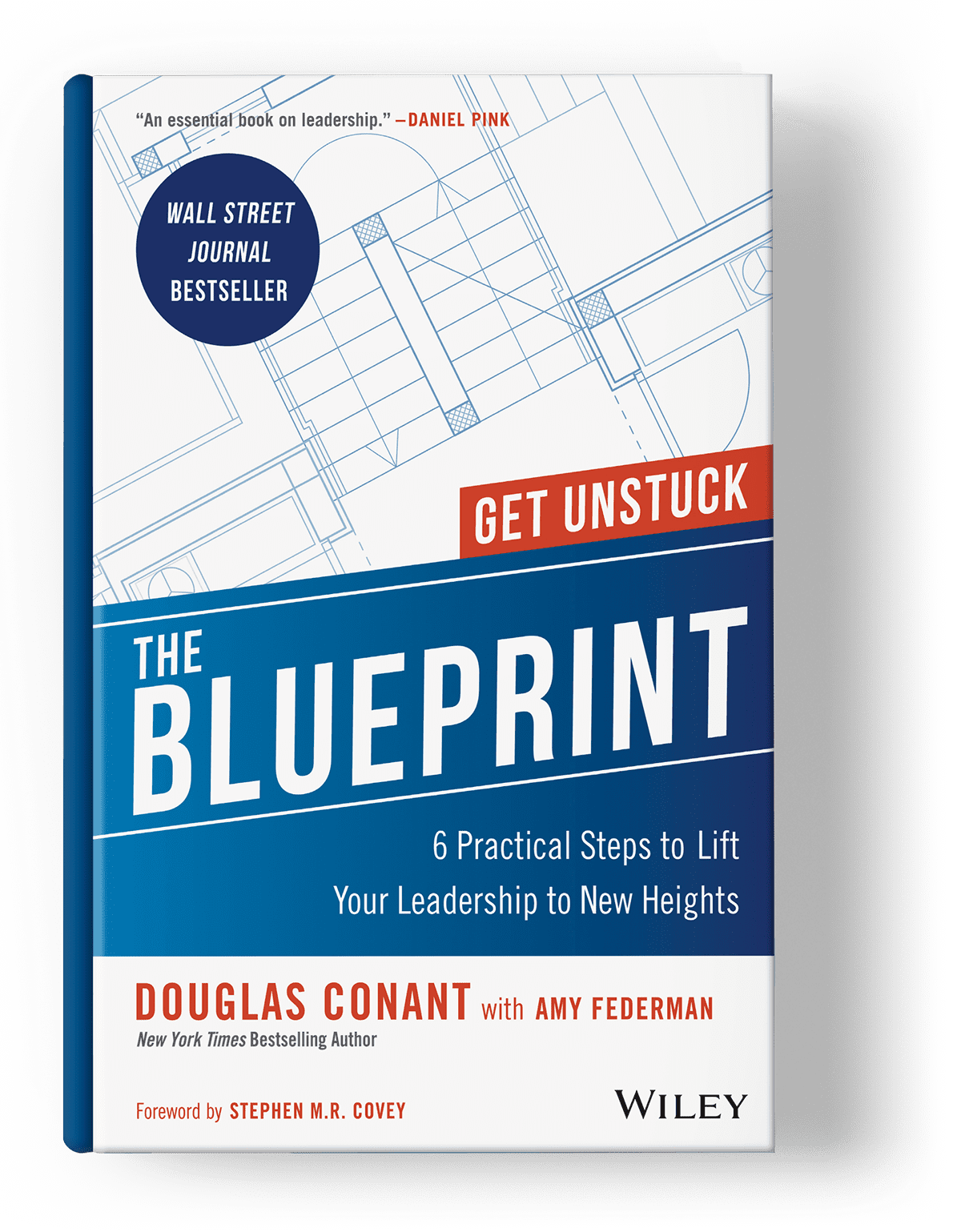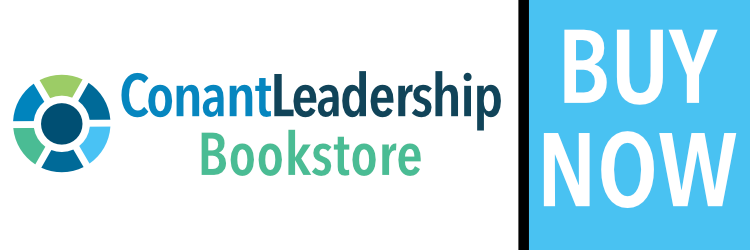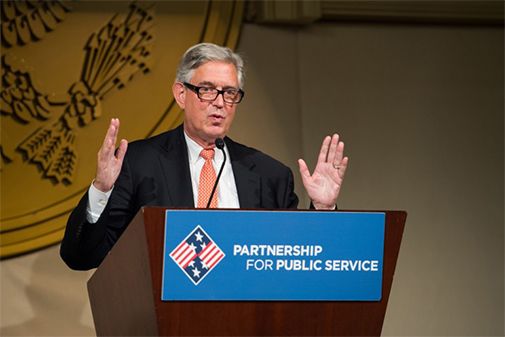Today we dispatched the September edition of our Leadership That Works Newsletter, a curated digest of the best leadership tips to read right now, sent at the end of each month. In this month’s edition: A workout for your brain, how to fix your performance reviews, a primer for better listening, and more. As always, we’re sharing the articles from our newsletter here in case you’re not subscribed to our mailing list. (If you like what you see, you can sign up to receive our newsletter here).
Try This Brain “Workout”
In the digital age so rife with distractions, many busy workers boast of their ability to multitask. But, according to this interesting post by Daniel Goleman, multitasking is a myth, and the attempt to master it is harming our productivity in other ways. Instead of rapidly shifting back and forth between tasks, he recommends targeting “cognitive control”, which can be practiced by brain “workouts’ designed to strengthen your mindfulness muscle. Learn the tactics in the full post here.
Think Slow
During reflective thinking, or “slow thinking”, leaders have an opportunity to examine “underlying assumptions, core beliefs, and knowledge.” Insights unearthed from reflection can also improve overall productivity and decision making. So why is it something of a lost art? In this Harvard Business Review post, the authors argue for a return to valuing this slower form of thinking and they provide actionable ways to do it.
**For more ways to spark “slow thinking”, check out our thought-provoking prompts for reflection here, here, here, and here.
Do You Need a “Power Audit”?
Your job title, no matter how impressive, is not an accurate measure of your power or influence, writes Wendy Marx in this SmartBrief post. Sure, formal authority is part of the equation, but the real secret to influencing others lies in “informal power.” You can measure your informal power by doing a “power audit” and Marx tells you how here.
Your Performance Reviews Need Work
Only 14% of employees say performance reviews motivate them to improve according to this fascinating Gallup post. Gallup says the most essential question for leaders to ask themselves is, “How do we hold people accountable for their performance in a way that is more accurate, helpful and inspiring?” What’s the best path forward? To reimagine performance reviews for the 21st century, make sure they have these three qualities.
** To further reimagine performance reviews, check out Doug’s unique practice for giving feedback here.
To Get the Best Ideas, Listen Better
“Generative listening”, or listening in a productive way that generates creativity, isn’t easy. But it is achievable with discipline and practice says Mary Jo Asmus in this post. What’s the trick? Asmus provides four ways you can start practicing right away.
** For more tips on listening, check out our post on how to listen like a leader.
Persistence Explained
In leadership and life, much of the big things you’ll need to accomplish won’t be easy; they’ll require lots of determination and persistence. But what does persistence look like when you really break it down? In this post, Rebecca Elvy explores the exact five characteristics required for a persistent pursuit of your goals.
**For more on persistence read our post on how to reach your goals no matter what.**
Collaboration Matters
As the information age continues to explode, there’s more and more to know in any given field, explains this Kellogg Insight post. It’s hard for any one person to know everything so they tend to know a lot about one specific area where they can become experts. With this increased phenomenon of specialization, individuals have to work together more than ever to share their expertise and knowledge, and get things done. They break down the science of collaboration here and give some tips for how to creatively foster knowledge-sharing in your organization.
Lifelong Learning Isn’t Optional Anymore
As massive technological shifts change the landscape of business, and lots of work that was formerly done by humans will be increasingly performed by machines, lifelong learning for executives and organizations is competitive necessity argues this thorough and well-sourced McKinsey article. The more businesses use information-rich tools, the more important it becomes how people interact with those tools — as “workers, managers, and executives need to keep up with the machines and be able to interpret their results.” Use this comprehensive article as a guide for rethinking how to continuously improve the skills of your employees and the competitive profile of your organization.
** For more on this, explore our post on why organizations must grow or die.
From ConantLeadership:
1. What Do Great Leaders Have in Common?
2. 25 Quotes about Managing Change
3. We’re now accepting applicants for the February, 2018 ConantLeadership Boot Camp, our highly customized and deeply practical leadership course built for real leaders in the real world.
Enjoyed these tips? Check out our recent link roundups from August, July, and June. Or, join our mailing list here.
(Photo by rawpixel.com on Unsplash)






0 Comments